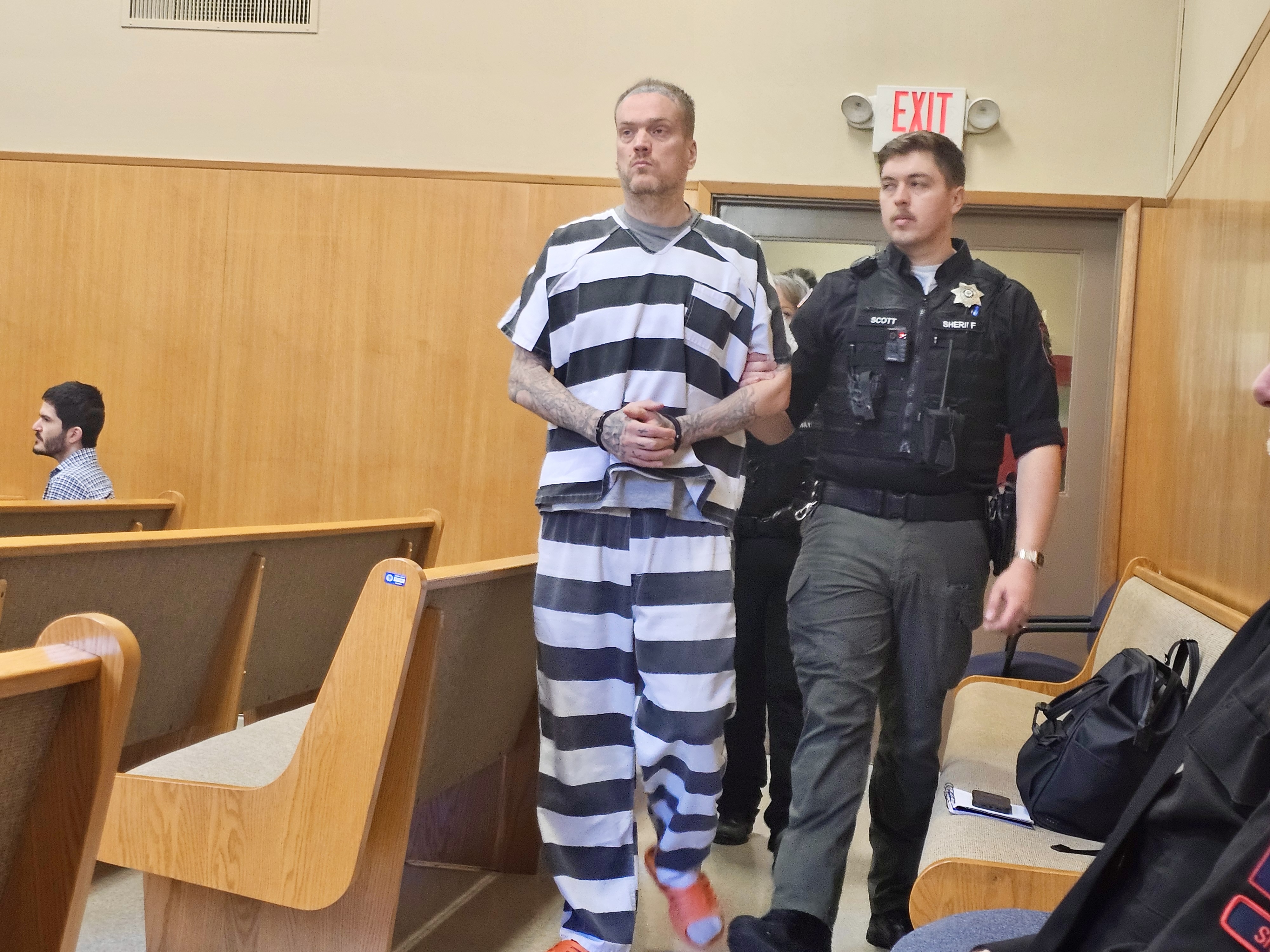Health NW: Reactive hypoglycemia and its symptoms
Published 5:00 pm Tuesday, May 18, 2004
Hypoglycemia is the medical term for low blood sugar (hypo = low; glycemia = blood glucose). Most healthy people without diabetes are able to maintain a steady blood sugar level throughout the day and night. However, some people experience a significant drop in blood sugar levels within four hours of a meal, which can cause uncomfortable symptoms. This problem is called “reactive hypoglycemia” and is not caused by an underlying disease.
Trending
The good news is the cure for hypoglycemia symptoms is easy: eat. The bad news is eating sugar or other carbohydrates alone can cause another episode of hypoglycemia within a few hours. Many people with hypoglycemia problems find themselves on a physical and emotional roller coaster as their blood sugar rises and falls.
The symptoms of hypoglycemia are different for each individual, and can include:
nervousness, anxiety, increased sweating
Trending
rapid heart beat, heart palpitations
headache
cold hands and feet
lightheadedness, dizziness
confusion, difficulty thinking and speaking clearly
mood swings, irritability, crying spells, outbursts of temper
weakness, sleepiness
hunger, craving for sweets
Food is made up of carbohydrates, protein and fat. Most Americans eat a diet containing about 50 percent carbohydrates, 15 percent protein and 35 percent fat. All carbohydrates are converted to glucose by the body.
After you eat food containing carbohydrates, your blood sugar goes up. In response, your pancreas releases a hormone called insulin. Insulin helps move the sugar (also called glucose) from your blood into the cells of the body where it is needed for energy. Your body stores extra glucose in the form of glycogen in your liver and muscles, and can also store it as fat.
When your blood sugar level starts to fall because you haven’t eaten in a while, another hormone called glucagon signals the liver to release the stored glycogen into the blood. This keeps blood sugar levels at a normal, steady level.
People with reactive hypoglycemia have trouble keeping their blood sugar levels steady. The exact cause is unknown. One theory is that a deficiency of the hormone glucagon causes low blood sugar. Another theory is that some people are extremely sensitive to another hormone called epinephrine, which is released to help keep blood sugar levels up. Epinephrine (also known as adrenaline) causes many of the symptoms of hypoglycemia.
The recommended treatment for reactive hypoglycemia is dietary changes. If you are diagnosed with this problem, a registered dietitian can help you modify your diet to stabilize your blood sugar. Usually, the recommendation is to eat six smaller meals per day. Your diet should contain no more than 50 percent carbohydrates, with about 20 percent protein and 30 percent fat. Ideally, each meal should contain some protein and fat, which help keep blood sugar levels consistent. Regular exercise is important. Caffeine can make hypoglycemia symptoms worse, and should be minimized or avoided.
Sometimes, hypoglycemia may have a more serious cause such as liver disease, adrenal glands problems, kidney failure, hormonal deficiencies and insulin-producing tumors. Also, alcohol use – particularly binge drinking – can cause hypoglycemia. Some medications, such as large doses of aspirin or other salicylates, sulfa medications and quinine, can cause hypoglycemia. Hypoglycemia can also be an early sign of the onset of diabetes.
If you are having the symptoms of hypoglycemia, talk to your health care provider. Simple blood tests will confirm the diagnosis. It is important to either rule out or treat the serious underlying causes of hypoglycemia. If no cause is found, dietary changes alone can treat the problem.
Kathryn B. Brown is a family nurse practitioner with a master’s degree in nursing from OHSU. Is there a health topic you would like to read about? Send ideas to kbbrown@eastoregonian.com.









